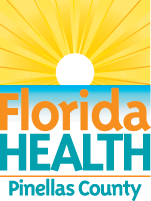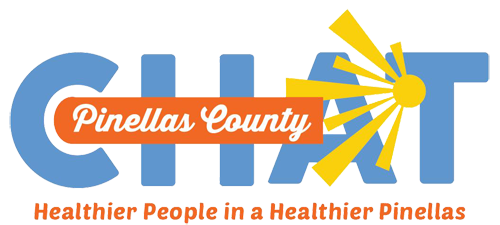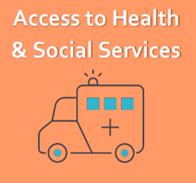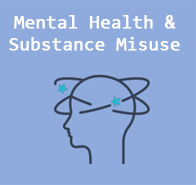skip to content


Community Health Improvement Plan (CHIP)
The Community Health Improvement Plan (CHIP) is a long-term systemic plan that links assessment and action, defining how DOH-Pinellas and partnering community stakeholders will address public health problems and social and economic barriers to health within Pinellas County. The Community Health Action Team (CHAT) determines the CHIP's goals, strategies, and activities and assigns organizational accountability to ensure progress toward these goals. Although various tools and processes may be used to implement a CHIP, the essential ingredients are community engagement and collaborative participation. The 2023 - 2028 Pinellas County CHIP has three priority areas overseen by the CHAT. Read more below.




